In conversation about “the gift of family stories”
Recently I was a featured guest on the podcast The Loss Encounters, hosted by Melissa Ceria.
Melissa is a French-American journalist and the founder of Studio Ceria, which has created and produced high-profile speaker series for Fortune 500 companies and cultural institutions such as the French Institute Alliance Française (FIAF) and NeueHouse in New York. She began her career as a writer and editor at major fashion magazines, including Harper’s Bazaar, where she and I worked together.
Melissa, as creator of The Loss Encounters, and I, as founder of Modern Heirloom Books, share a love and respect for the power of stories; we found our way to family stories, in particular, via somewhat parallel paths. When my mother died, I was bereft at the loss of our shared collective memory, and saddened to discover that the journals she had left behind were only sparsely written in. Melissa, on the other hand, was bequeathed a precious gift just ten days before her father, Lorenzo Weisman, passed—A Family Story, a book he wrote about their family’s history. It is an heirloom that continues to bring her solace all these years later. “It’s filled with stories, photos, poems, and letters that have brought us comfort and connection,” she says.
Our brief conversation, titled “The Gift of Family Stories,” was released as a bonus episode of The Loss Encounters in honor of Father’s Day earlier this month. It is, Melissa says, “dedicated to my dad, and invites all of us to cherish and preserve our own family stories.”
I share it with you here today in hopes that you, too, will be inspired to cherish and preserve your own family stories. Enjoy!
Transcript
(Edited slightly for clarity)
Melissa Ceria: On a warm September evening in 2012, my dad, Lorenzo Weisman, sat down at his dining room table and dedicated the book he'd written about our family to each of his grandchildren. He died ten days later on September 22nd, 2012. His book, titled A Family Story, is a beautiful account of my family's origins, our ancestors, the long life that my parents built together, and the families that joined ours through marriage. It's filled with stories and photos, poems, and letters. There's a lot of love in it. And I'm glad that my dad didn't varnish things. He just told our family's story by piecing together the mosaic of our lives. I think that writing it also allowed him to review his own remarkable journey, and to feel at peace by the time he died. No one could have guessed that A Family Story would also become our companion in grief. We leaf through it when we miss dad, when we need to hear his voice, or if we want to share family stories with our kids. It's been a huge gift for the grandchildren that never got to meet him. Through this, they know dad and we can all talk about him. A decade after his death, I've been thinking about the importance of sharing our stories with those we love. So I called up my friend Dawn Roode. Dawn is the founder of Modern Heirloom Books. As a personal historian, she helps people write their stories and preserves them in beautifully bound books that generations will cherish. Our conversation felt like the call to action. Collecting our memories is a gift for those we leave behind. Hi, Dawn. It's lovely to have you here.
Dawn Roode: Thrilled to be here. Thank you, Melissa.
Melissa Ceria: Tell me how you got started with this work.
Dawn Roode: I was a new mom, and my son had actually been born three months before my mother passed away. It was a very unexpected death. And so, you know, I was dealing with the supreme joys of motherhood and the lowest depths of grief at the same time. And it was a really challenging time for me. I ended up making a book in honor of my mom. Didn't start out that way. It started out me writing a lot of remembrances about her. I had this feverish sense that I was going to lose my memories of her, and it was so important for me to get them down. And as a writer and an editor, someone who came from that background, that was the natural way for me to do so, was to just write in a journal. But eventually, as I went through her photos, I wanted to make something that was more substantive, more permanent. I knew that my son would never know my mom, and that kind of broke my heart, and that was the inspiration for me to make the actual book. It was such a rewarding experience for me, and I thought I might be able to help other people do the same thing.
[00:03:21]
Melissa Ceria: When people start working with you, are they clear about what they want to communicate?
[00:03:25]
Dawn Roode: It runs the gamut. It's very interesting when someone comes to me and says, "I want to do my story," very often they have a good idea of what they want to share. Almost always, it ends up going in a new direction once the interviews start, because they surprise themselves with what a rich life they've led. "Oh, and I forgot about this." And so the mere act of telling the stories, of me being a curious and engaged listener and asking pointed questions, helps them go in new directions and discover meaning that they hadn't expected in their lives. Other times people come to me where it's the younger generation that wants to preserve their parents’ or their grandparents’ stories, and that's a very different dynamic, where the people come and say, "I don't have a story to tell." It wasn't their idea. They're like, "I have nothing to say. My life is pretty boring, pretty standard." So there's a whole little conversational thing that happens to get them to the right place. And those are even more wonderfully surprising, because at the end they say things like, "wow," I literally had a client say, "I lived a really amazing life so far, and I had no idea." And so that power of reflection, I think is just really transformative. And I look at myself as a guide for them. So I help them find the story and put them on the path to kind of make some narrative sense of it.
[00:04:43]
Melissa Ceria: What are the qualities that support the work that you do?
[00:04:46]
Dawn Roode: So certainly curiosity is one, but I think being a good listener is at the heart of everything that I do. I feel like I hold a sacred space for people. I try to be very generous of spirit with people. I think empathy is another. People are very hard on themselves and I want them to know any of their feelings are valid. The choices they've made are worth looking at with forgiveness, with gratitude.
[00:05:12]
Melissa Ceria: Do you think when we review our own lives, we can be very critical of ourselves? Or do you think we give ourselves more slack?
[00:05:20]
Dawn Roode: You know, it's really interesting. I find when people are writing about themselves, we can be much harder on ourselves. The dynamic when I'm interviewing someone, I can sense when that criticism is coming in, or the reluctance to kind of go in a certain direction because there may be shame or critical thought about a previous decision. What I try to do is empower them that "you came out the other side, and there's a lesson in there for your descendants or for yourself." So the power of two, of me being a listener, I think, helps people find that generosity of spirit for themselves.
[00:05:55]
Melissa Ceria: If somebody isn't prepared to write their own story, or they can't necessarily hire somebody to help them do that, what are some of the ways that we can gather these stories?
[00:06:04]
Dawn Roode: I say to people all the time, it doesn't have to be long. I think that's the biggest thing, is do something rather than nothing, and you can always change it. Four years later you can say, "Oh, you know that thing I have in the drawer? That is something I'm going to go rewrite it." But the fact that you're even thinking about it, I think is always a good start. And then it's just takes some kind of action to do it. And if you can't write, dictate—we have smartphones, so just dictate right into there. There's software that will automatically transcribe it now. And you can leave your voice. Just leave an audio recording if that's easier for you. It doesn't have to be monumental, I think is the message.
[00:06:40]
Melissa Ceria: Do you find that people that you work with, if they are nearing the end of their lives, have a greater sense of peace after they've communicated something to their loved ones?
[00:06:52]
Dawn Roode: I do. It's something palpable that I can feel as our interviews proceed, and as we're getting closer to having something to completion. There's a shift in the way that they are talking about their life. There's a shift and a certain calmness that comes with it. But beyond me sensing it, people have told me that. One client in particular comes to mind who just, he thanked me repeatedly for giving him the space to do this, but I wanted to thank him. I had such gratitude to him for being open about it, and what he was so grateful for was that "I have perspective. That I looked back on my life and realized it was wonderful." What more could you ask for? And what a wonderful thing to tell those that you're leaving behind. There's a great peace that comes from it, and also an empowerment to let go at a certain point when the time comes.
[00:07:46]
Melissa Ceria: Do you think it's in our nature to want to leave messages behind?
[00:07:49]
Dawn Roode: I do, and what I've tried to do through my work and and after losing my mom in particular, is to encourage people to be intentional about what we leave behind so that people aren't scrounging through the emails and their texts in search of something, but that we leave something specific. I think that that holds even greater meaning for both parties. For the person leaving it behind, it gives you a sense of peace that you've said certain things. And for the person receiving that, how wonderful to know that your loved one was thinking of you and that you can hold on to this.
[00:08:21]
Melissa Ceria: It’s not surprising that my dad’s book brings us solace. To Dawn’s point, he wrote it with intention, and the words that he gifted us were meant to offer comfort. I’m so grateful for his gift. This is Melissa Ceria. Thank you for listening.



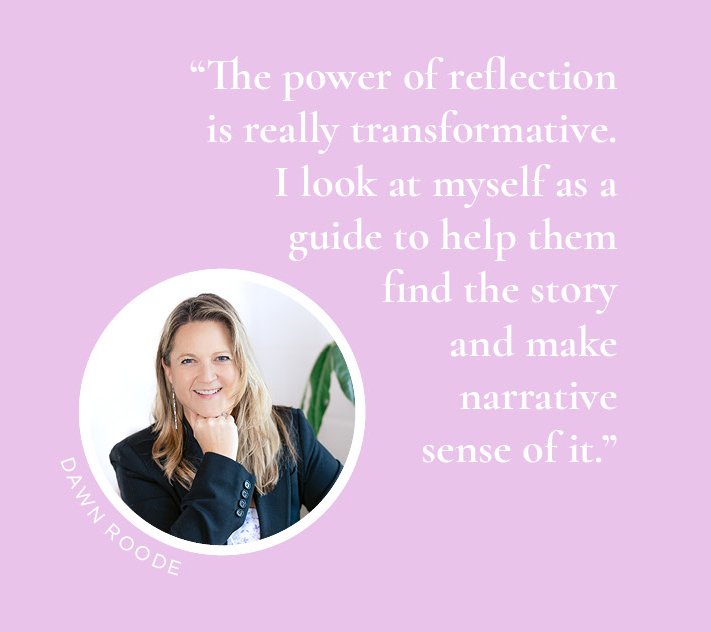





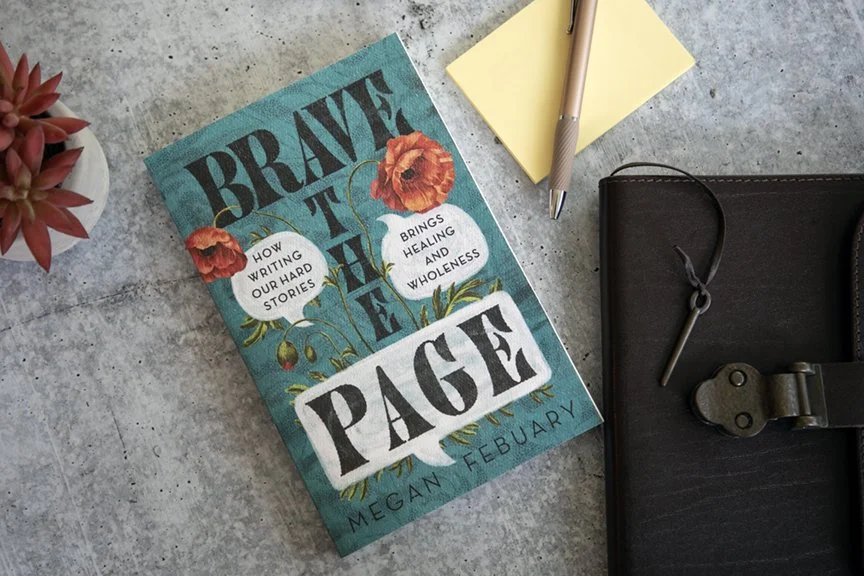


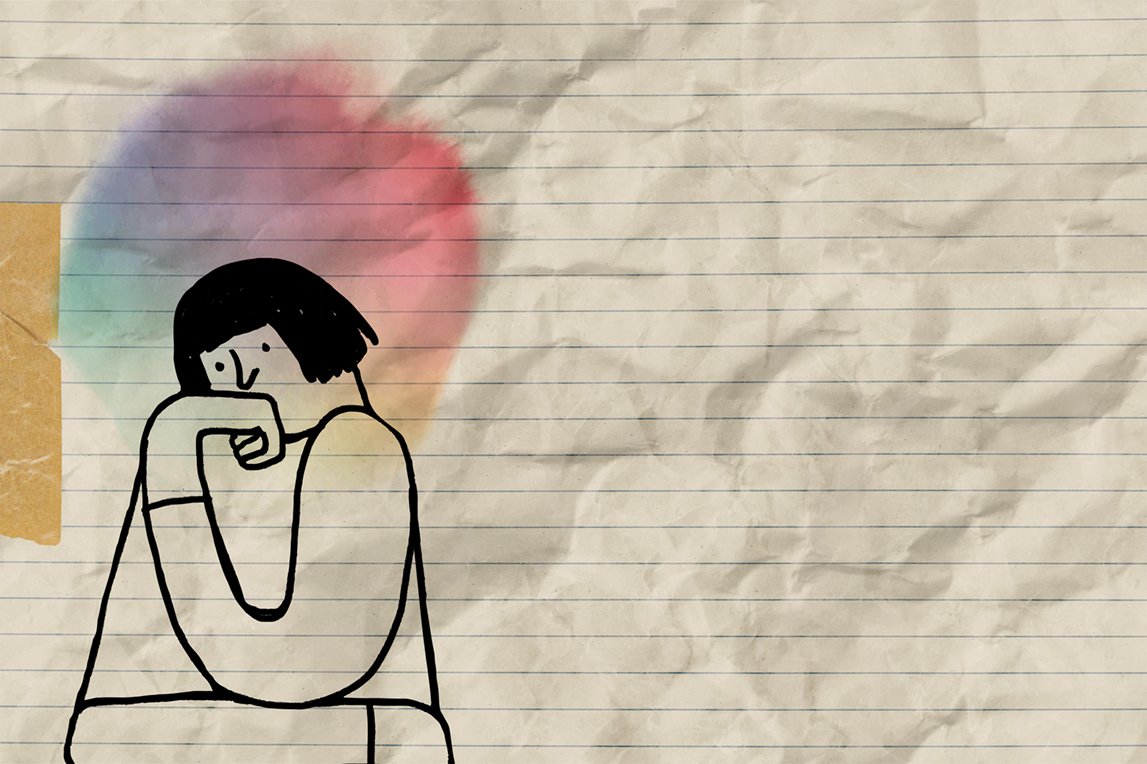



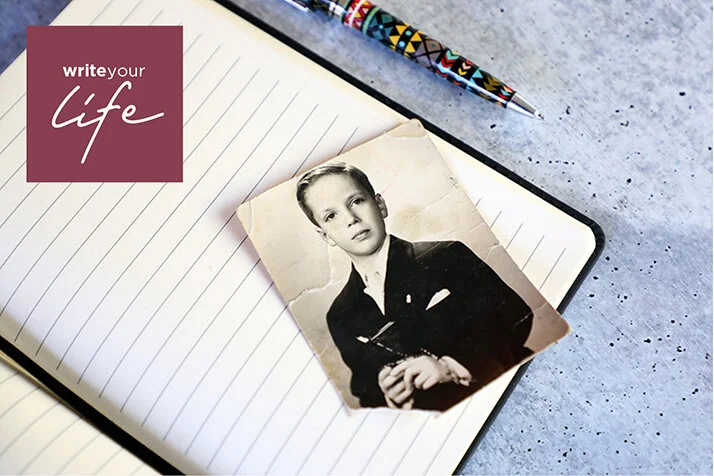





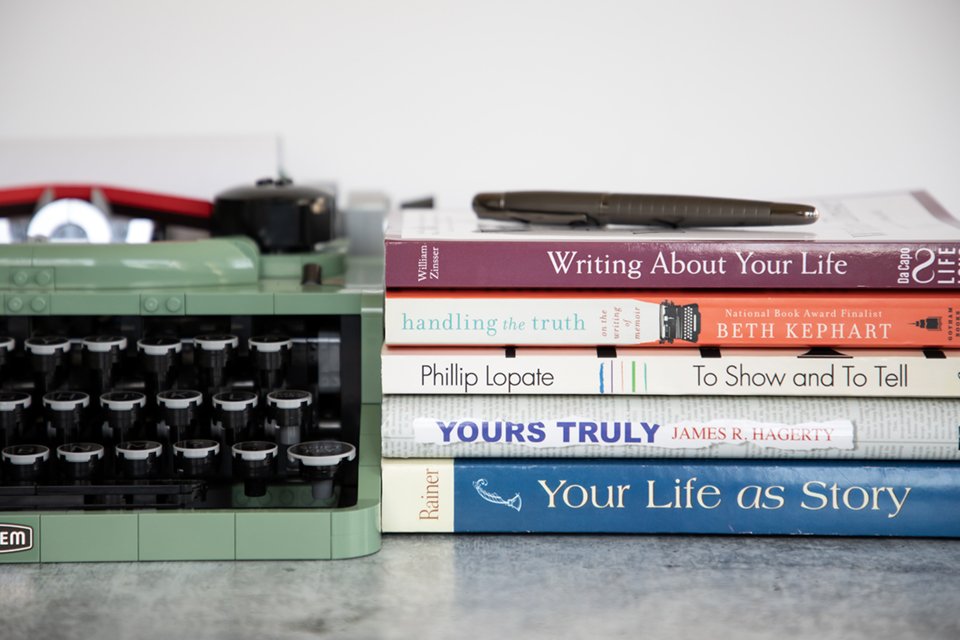
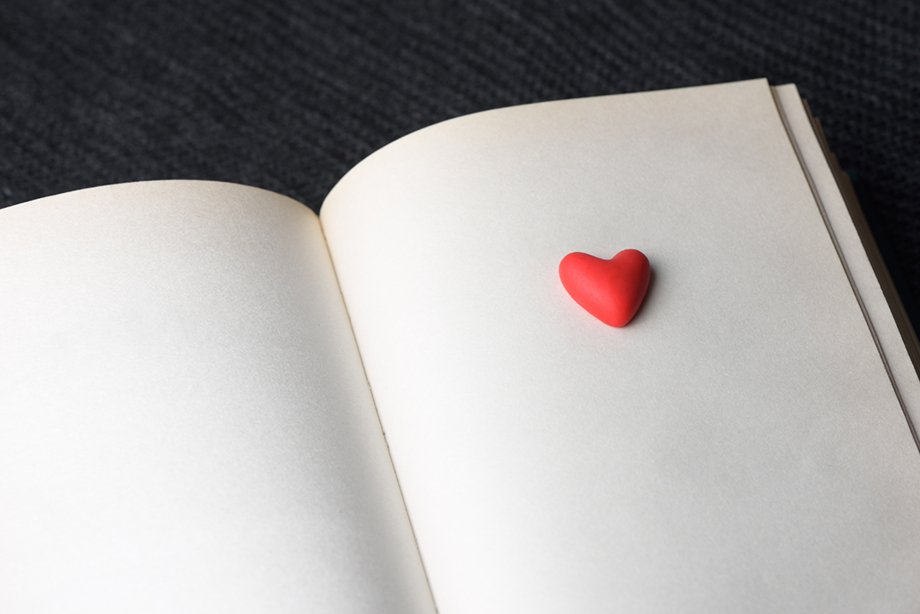


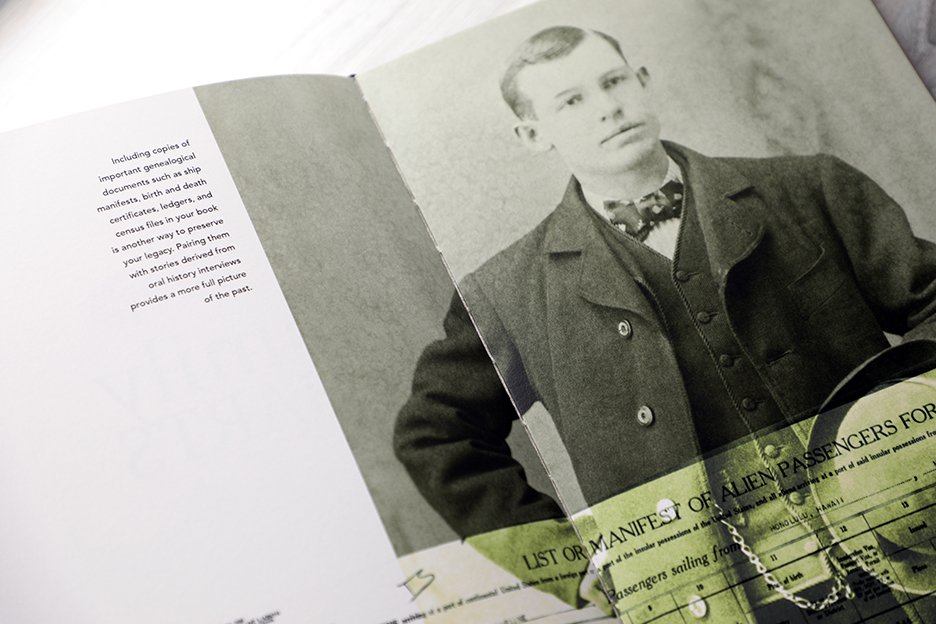

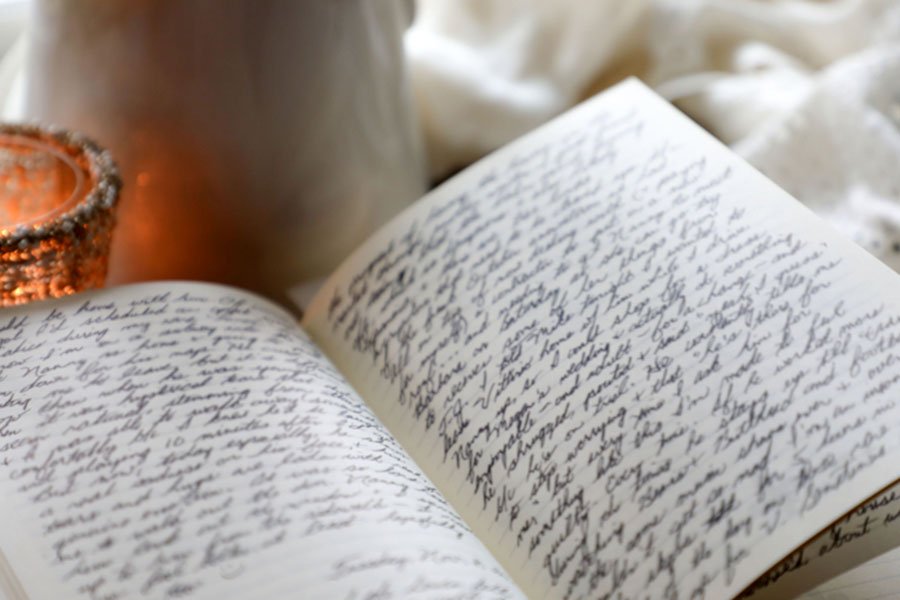


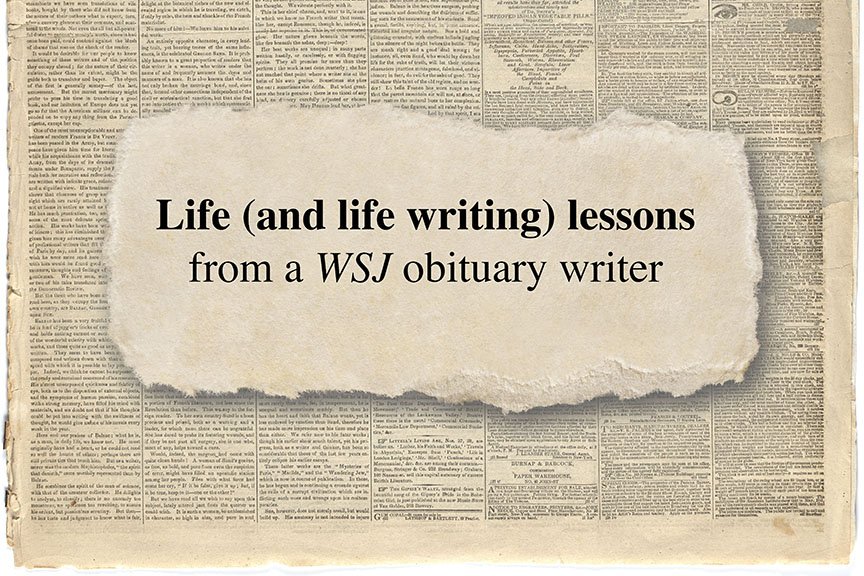










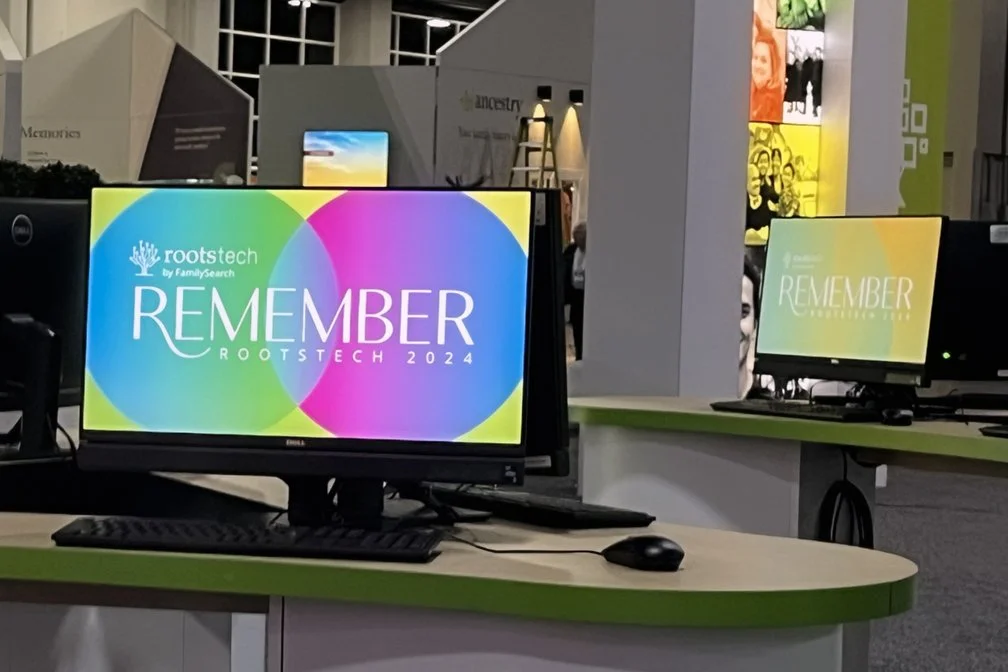








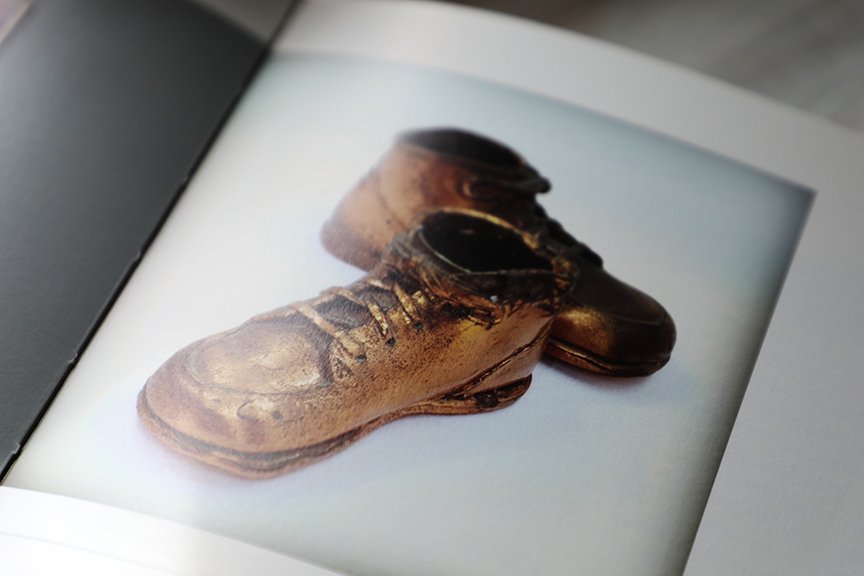
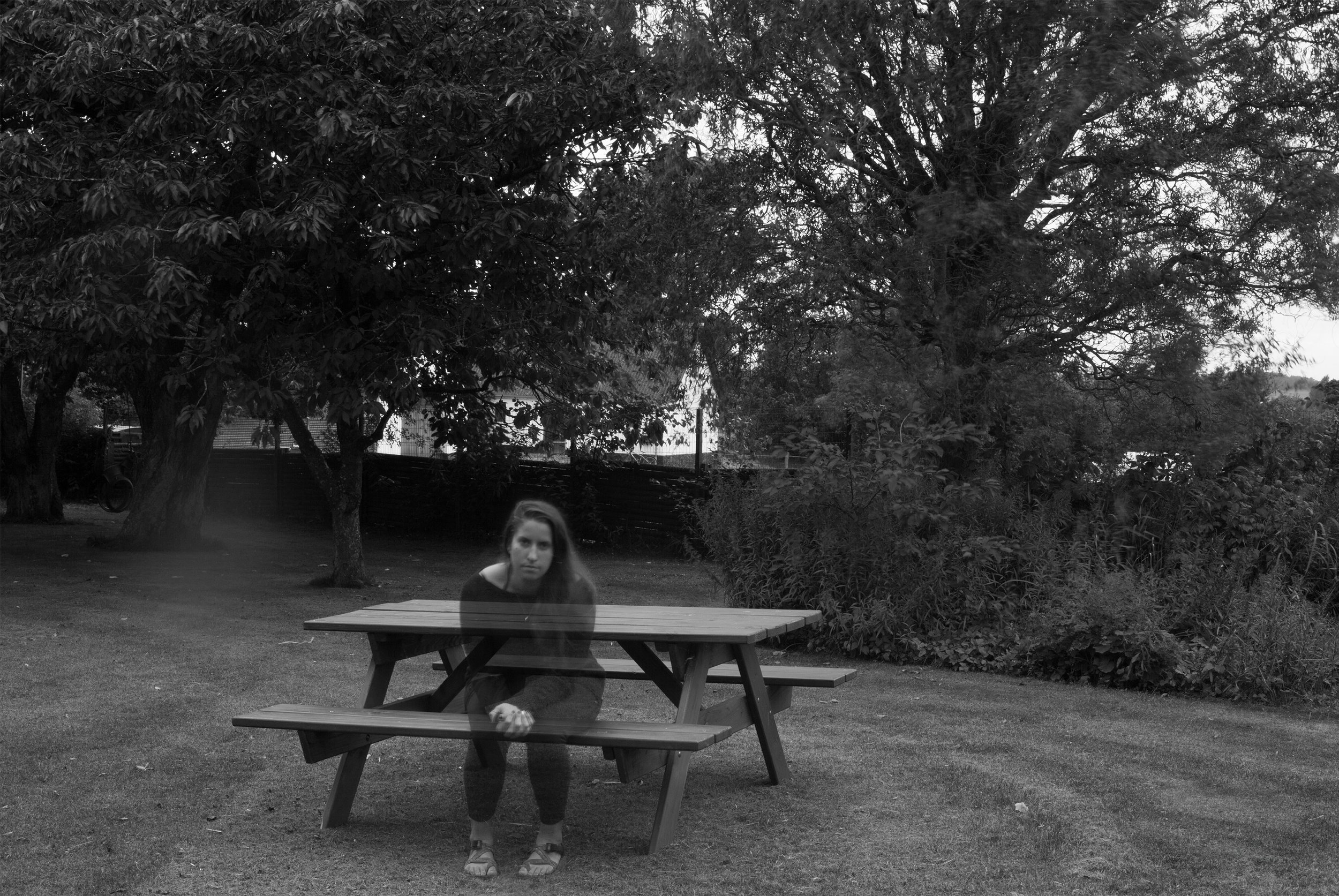

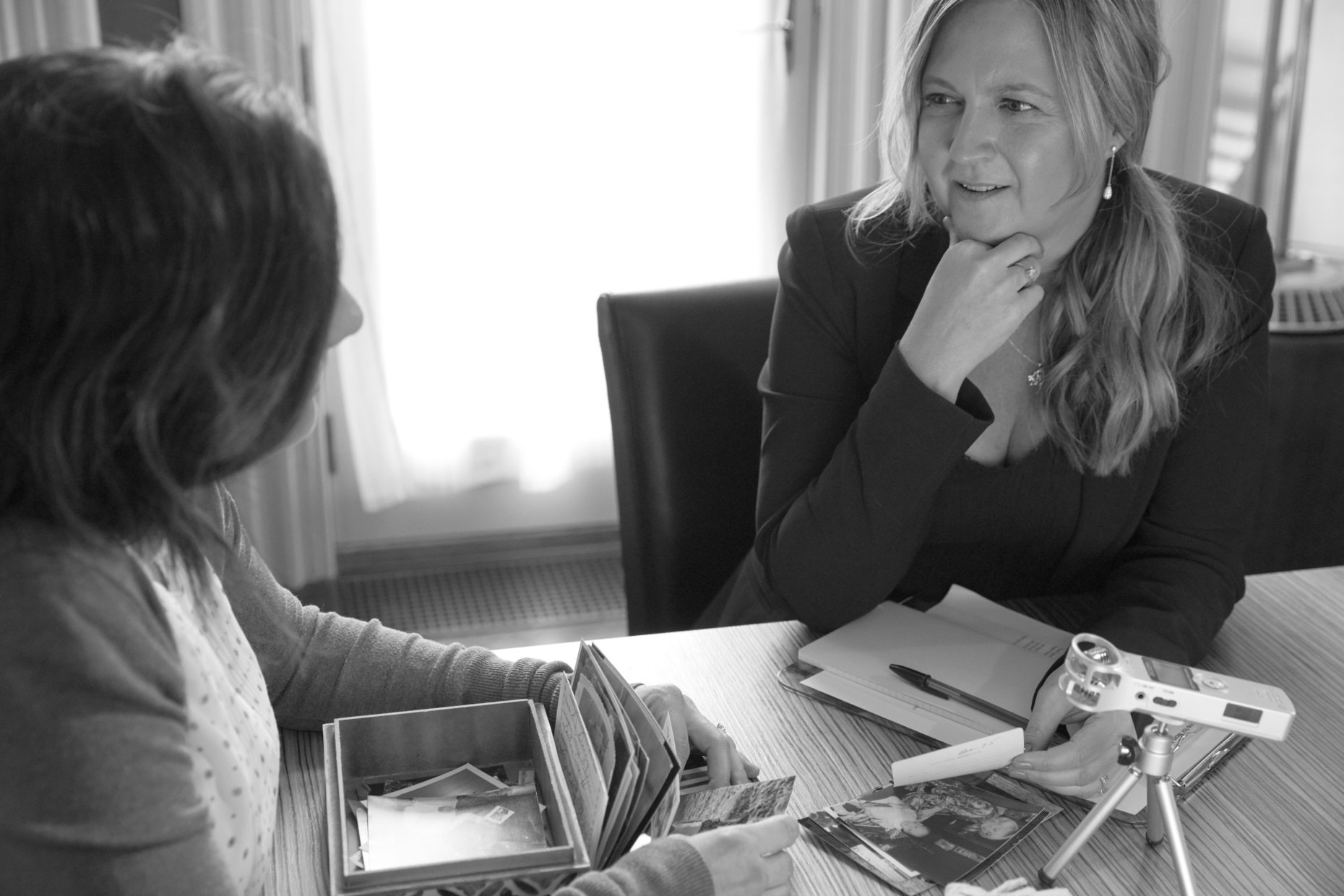
Stay inspired with 52 weekly writing prompts for journaling and family history. Capture memories, dreams, and stories big and small. Bonus: Downloadable guide!